About FoEA
Friends of the Earth Africa (FoEA) is a collective of sovereign organisations working with grassroots communities on environmental and rights-based struggles in the African region. We seek to contribute to the strengthening of national groups in Africa by developing collective strategies to understand, expose and dismantle the root causes for the overlapping crises we are facing in the region.
Through continent-wide co-ordination, FoEA works to build people power towards a common African agenda for environmental, economic, gender, and social justice.
What We Do
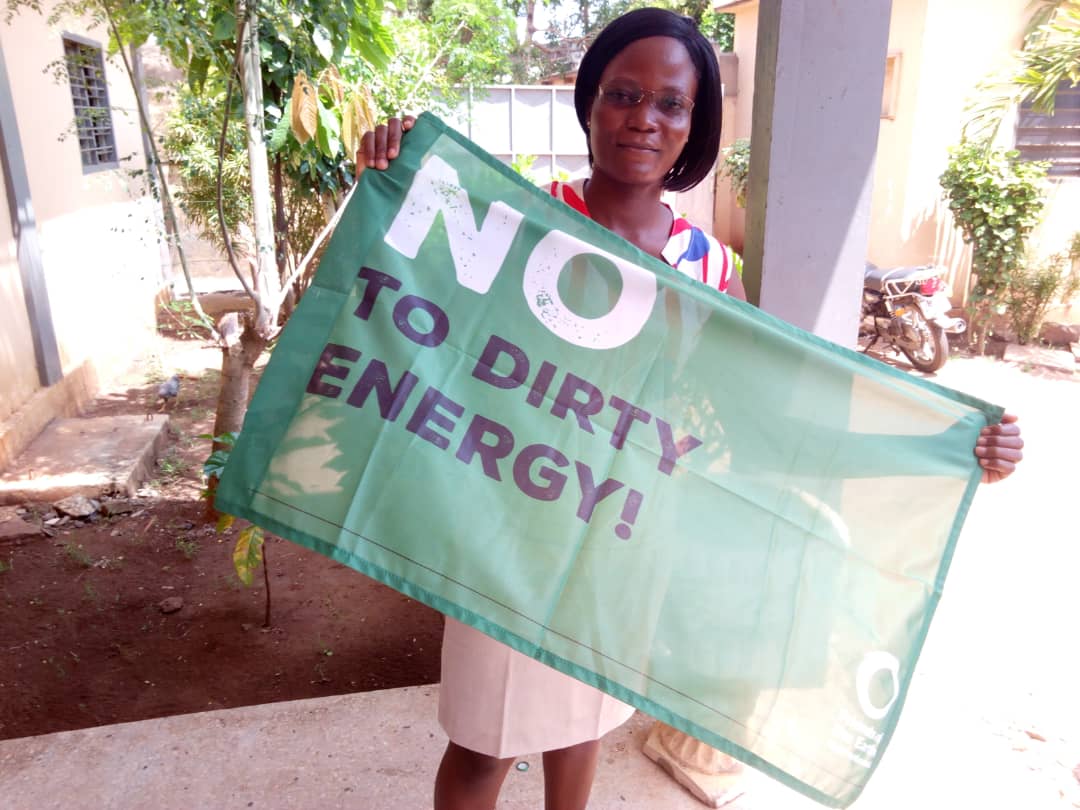
Climate Justice & Energy
Climate change and the global energy crisis threaten the lives and livelihoods of billions of people worldwide. Climate scientists agree that human activities produce greenhouse gases that are heating the planet.
A transformation of the energy system is fundamental to system change and to tackling climate change. It entails democratic answers to the fundamental questions: for whom and what is energy produced? It means a total departure from fossil fuel reliance and corporate control. Energy sovereignty is one key solution, allowing communities to choose sustainable energy sources and develop healthy consumption patterns to create sustainable societies.

Forets & Biodiversity
Half of the world’s forests have disappeared. Privatisation, trade liberalisation and increased exports of meat and crops, such as soy and palm oil, have led to a massive increase in large-scale plantations, triggering further deforestation. Yet forests provide livelihoods for many local communities and indigenous peoples. They help to regulate our climate, and are home to some of the most species-diverse habitats on earth.
We work with local communities and indigenous peoples to conserve forests, and strengthen communities’ rights and community management of forests. We campaign against industrial large scale plantations, monoculture, destructive logging and the commodification and financialization of forests and biodiver

Economic Justice & Resisting Neoliberalism
We believe our economic system should improve people’s lives and the environment. Yet the current dominant economic thinking —often referred to as neoliberalism— puts greed and private interests ahead of people and the planet. The biggest companies in the world are often implicated in environmental destruction and violations of human rights, yet these crimes go unpunished.
As Friends of the Earth Africa, we aim to expose and challenge corporate power while demanding rights for people and rules for business. We are actively campaigning for a UN treaty on transnational corporations and human rights, while also mobilizing for stronger legislation at regional and national level to end corporate impunity.
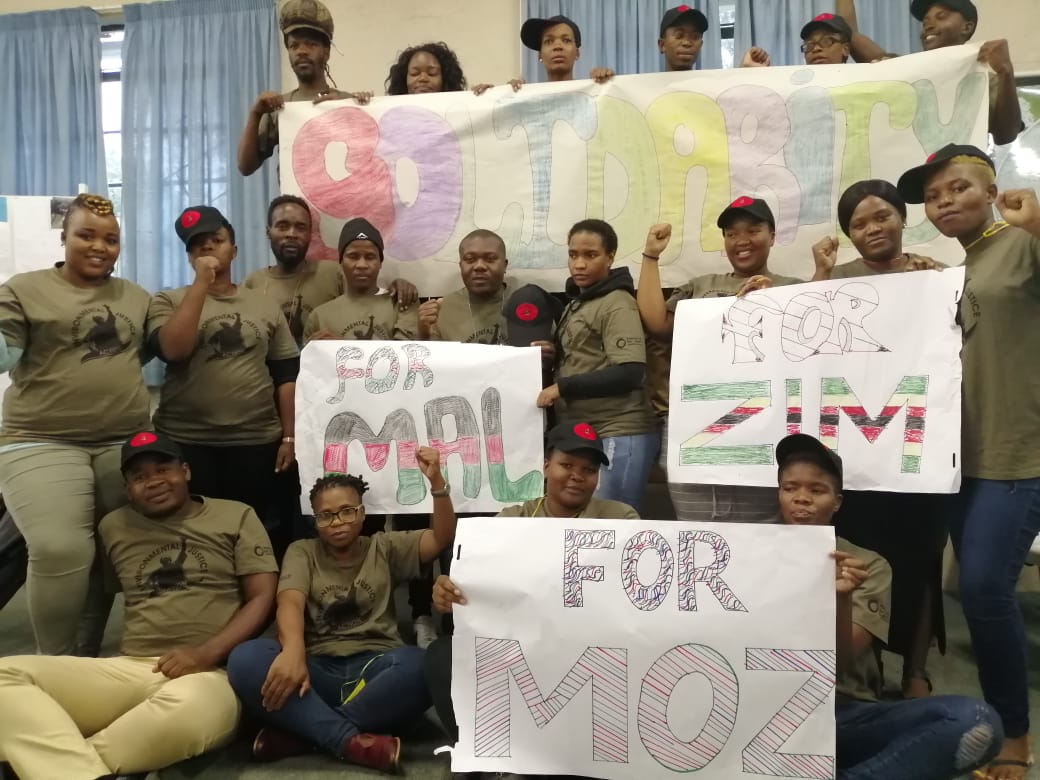
Human Rights Defenders
Water is a right. It is our common resource and everyone should have access to it irrespective of their status in society or ability to pay or not. However, corporations are only interested in making profit from water at the expense of the people. They seek to control our watersheds and initiate false solutions to lack, including privatsation and other tactics that commodify water.
It is our belief that the communities should manage water and the state must protect the right of all to this gift of nature, and ensuring access is denied to no one. We work with men and women, grassroots communities, labor activists, and youths to resist water privatsation and advance proven public solutions that guarantee affordable universal access.

Food Sovereignty
Small-scale farming via local markets still feeds the majority of the world today. Ecological peasant farming can preserve biodiversity and local cultures, cool the planet, provide healthy food and livelihoods for all. However, peasant farming is under attack from large-scale industrialised food and farming, which causes environmental destruction, land grabs and malnutrition.
To counter this FoE supports the right of peoples to healthy and culturally appropriate food produced through ecologically sound methods.
Food sovereignty is about feeding people rather than corporate profit and it defends the interests of future generations.
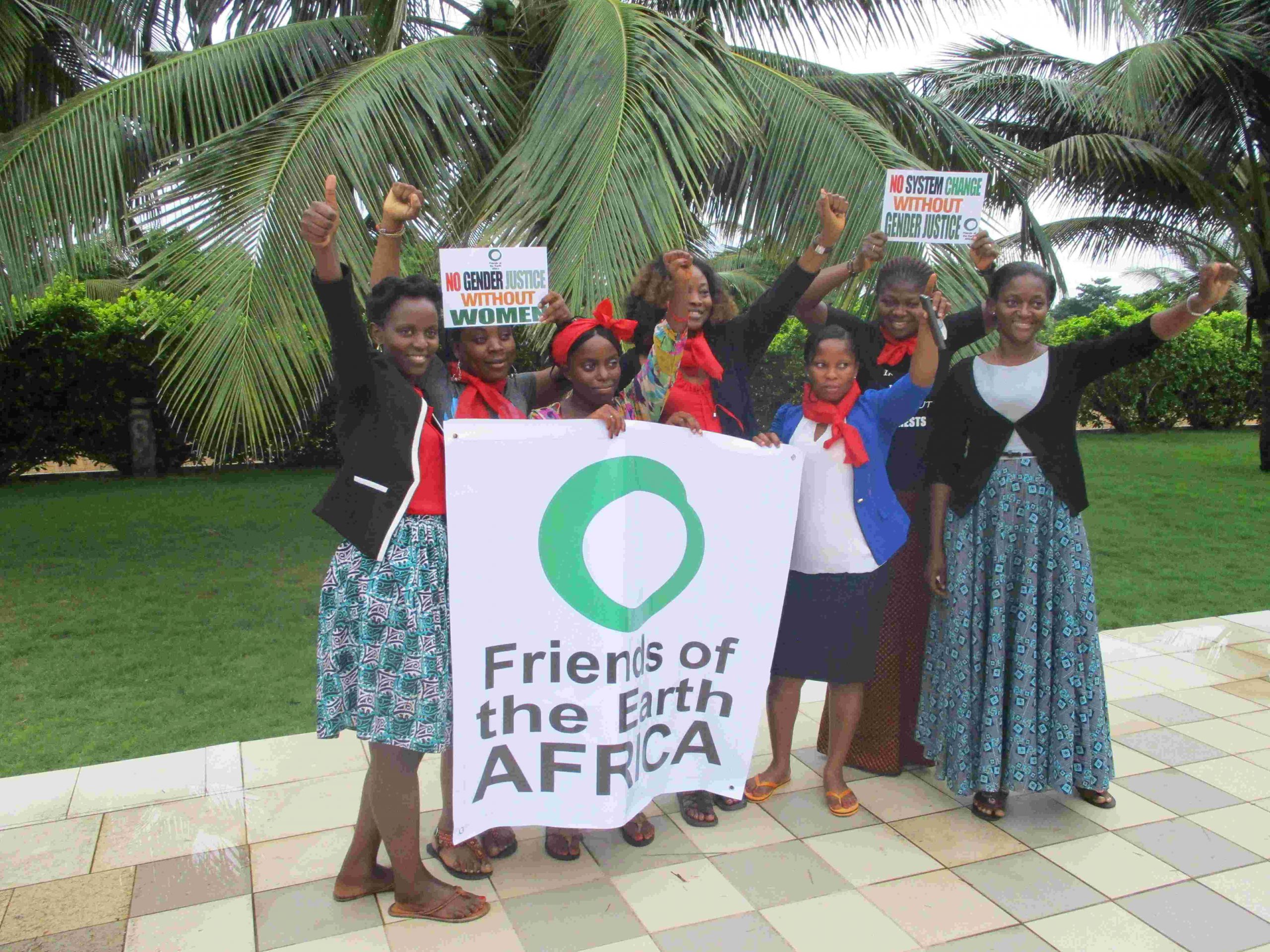
Gender Justice & Dismantling Patriarchy
Women are disproportionately affected by environmental injustice, climate change, disasters and the exploitation of Nature. This is especially so for women of colour, peasant and indigenous women, LBTQ women and women workers. Despite this, women are not victims.
We see grassroots, anti-capitalist feminism as a key theoretical concept and political tool in the fight for women’s autonomy, equality between women and men, between peoples and between people and nature. We aim to show, in practice, that this feminism can and is being constructed from the grassroots up, it is relevant to all women and men and it is representative of regional diversity and different realities.
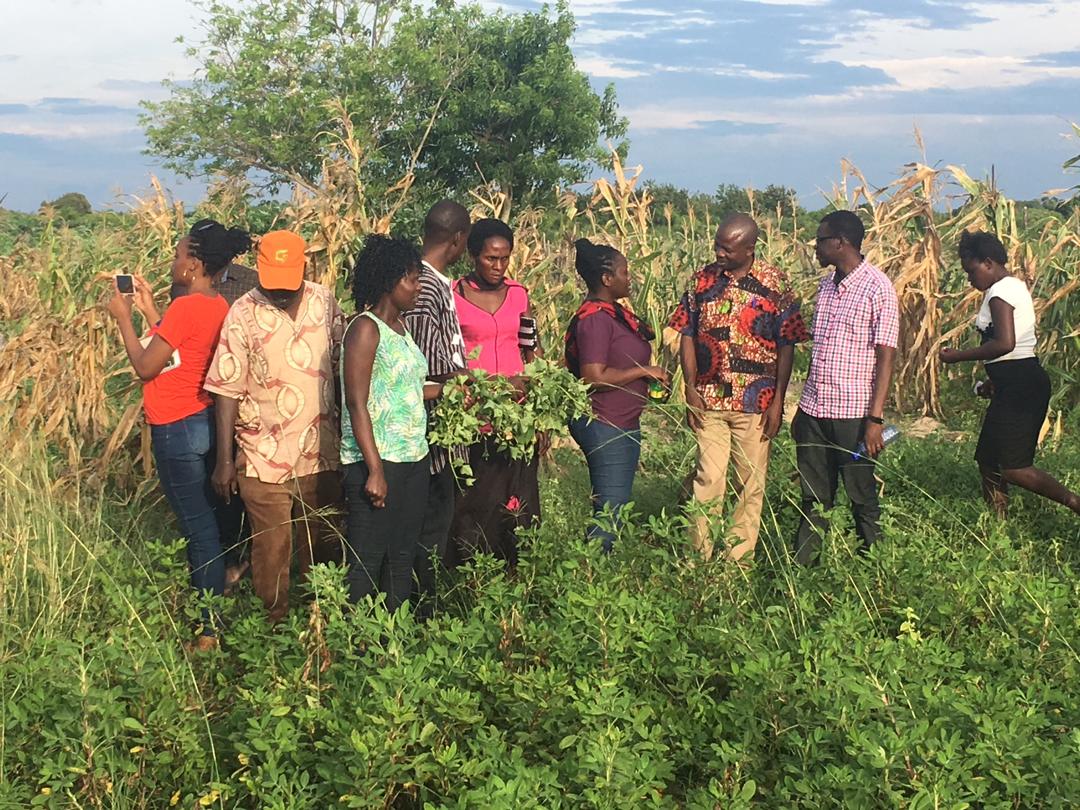
School of Sustainability
FoEA’s School of Sustainability advocates and seeks to give the communities capacity to effectively participate in social economic and political change processes. The aim of this school is the transfer of power from dominant groups to the poor, marginalized disadvantaged and disenfranchised who are always the majority.
It also aims to foster a cadre of activists based in grass root environmental justice organisations and social justice movements who have rich knowledge and skills for democratic organising and campaigning.
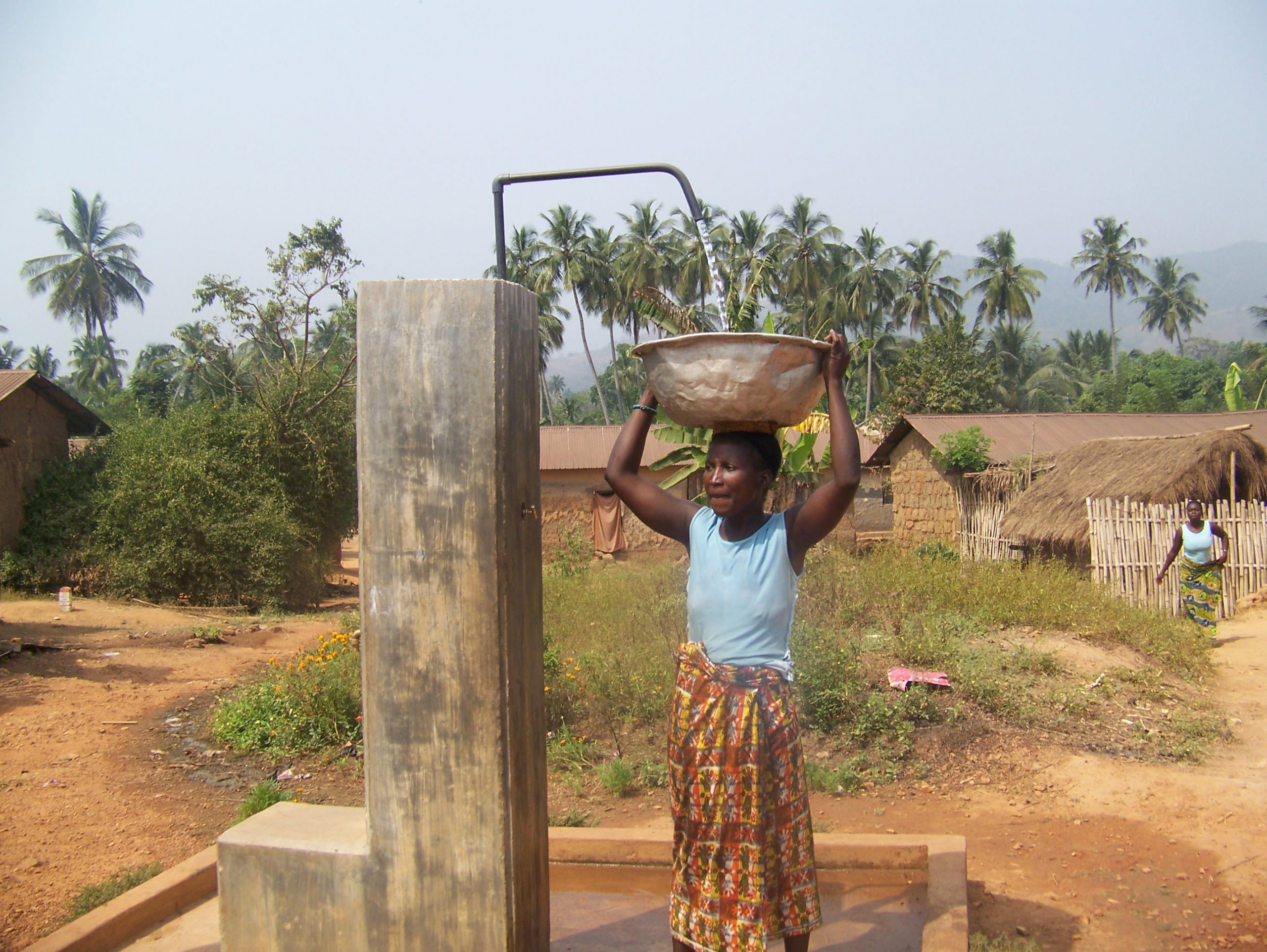
Water
Water is a right. It is our common resource and everyone should have access to it irrespective of their status in society or ability to pay or not. However, corporations are only interested in making profit from water at the expense of the people. They seek to control our watersheds and initiate false solutions to lack, including privatsation and other tactics that commodify water.
It is our belief that the communities should manage water and the state must protect the right of all to this gift of nature, and ensuring access is denied to no one. We work with men and women, grassroots communities, labor activists, and youths to resist water privatsation and advance proven public solutions that guarantee affordable universal access.

Member groups
Cameroon Nigeria
Ghana Tanzania
Tunisia
Liberia Togo
Mali Uganda
Mauritius Sierra Leone
Mozambique South Africa
